Search
Did you mean: Symposium?
Search Results
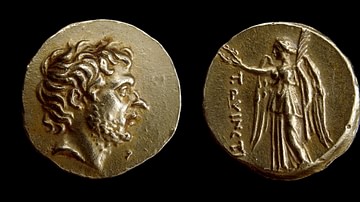
Definition
Titus Quinctius Flamininus
Titus Quinctius Flamininus (229-174 BCE) was a consul and military commander of the Roman Republic during the Second Macedonian War, who decisively defeated Philip V of Macedon (r. 221-179 BCE) at the Battle of Cynoscephalae in 197 BCE and...

Article
Effects of the Black Death on Europe
The outbreak of plague in Europe between 1347-1352 – known as the Black Death – completely changed the world of medieval Europe. Severe depopulation upset the socio-economic feudal system of the time but the experience of the plague itself...
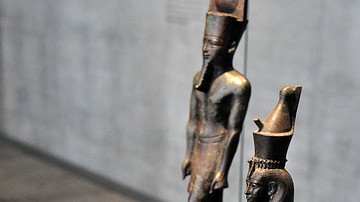
Article
Egyptian Gods - The Complete List
The gods and goddesses of Ancient Egypt were an integral part of the people's everyday lives for over 3,000 years. There were over 2,000 deities in the Egyptian pantheon, many whose names are well known - Isis, Osiris, Horus, Amun, Ra, Hathor...

Article
Top 10 Inventions of the Industrial Revolution
The British Industrial Revolution transformed life at work and at home for practically everyone. Noise, pollution, social upheaval, and repetitive jobs were the price to pay for labour-saving machines, cheap and comfortable transportation...

Article
Mesopotamian Inventions
Mesopotamian inventions include many items taken for granted today, most of which were created during the Early Dynastic Period (2900-2334 BCE) or developed from achievements of the Uruk Period (4100-2900 BCE). The Sumerians are credited...
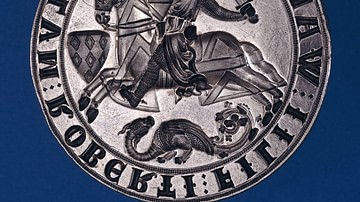
Article
The Weapons of an English Medieval Knight
The weapons of an English medieval knight in combat included the long sword, wooden lance with an iron tip, metal-headed mace, battle-axe, and dagger. Trained since childhood and practised at tournaments, the skilled knight could inflict...
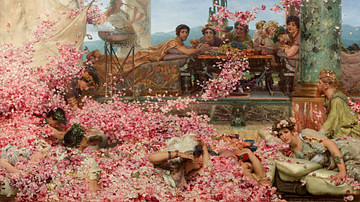
Article
A Brief History of the Rose
The rose that grows in many different forms in gardens all over the world today is an evolution of rose-like plants that lived in the northern hemisphere between 33 million and 23 million years ago. Traces of them have been found in the fossil...
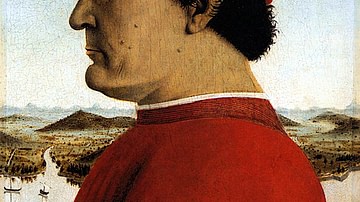
Article
Patrons & Artists in Renaissance Italy
During the Renaissance, most works of fine art were commissioned and paid for by rulers, religious and civic institutions, and the wealthy. Producing statues, frescoes, altarpieces, and portraits were just some of the ways artists made a...
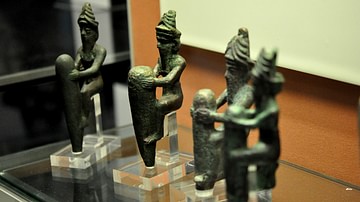
Article
Ancient Mesopotamian Beliefs in the Afterlife
Unlike the rich corpus of ancient Egyptian funerary texts, no such “guidebooks” from Mesopotamia detail the afterlife and the soul's fate after death. Instead, ancient Mesopotamian views of the afterlife must be pieced together from a variety...

Article
Ten Great Persian Poets
Persian literature derives from a long oral tradition of poetic storytelling. The first recorded example of this tradition is the Behistun Inscription of Darius I (the Great, r. 522-486 BCE), carved on a cliff-face c. 522 BCE during the period...